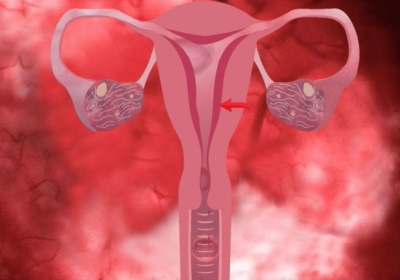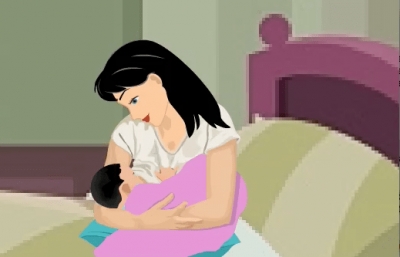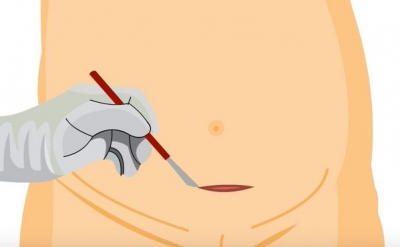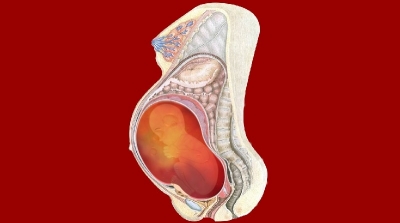In the first few weeks, blood might be heavier and appear in clots. As the weeks go by, this blood gives way to vaginal discharge known as lochia. Lochia isn’t usually bright red in color beyond the first week postpartum. The discharge may in some women stop in 10 to 15 days and they may experience bleeding again in 6 weeks if they are not breastfeeding. This may be your first period after pregnancy. Lochia may have a “sweet” smell to it. Report any foul order to your doctor.
Many women find that their periods are not occurring as regularly as before pregnancy. The intensity of the bleeding may also differ. This is normal especially in the first year after pregnancy. You might have your first period and then have another period, that may come sooner or be delayed. Period cycles can change from what you experienced before pregnancy.
Some women who are breastfeeding their babies exclusively(babies receiving only great milk) may not have their period for a couple of months. This is normal and due to various hormones. Prolactin, the hormone needed to produce breast milk, can suppress reproductive hormones. As a result, you don’t ovulate or release an egg for fertilization. Without this process, you most likely won’t menstruate. Although exclusive breastfeeding reduces fertility, it is always safe to have some contraception in case you do not wish to be pregnant again.
If you’re breastfeeding and your period does return, you’re no longer protected against getting pregnant. It’s also important to note that it can be difficult to predict the return of fertility. You will ovulate before your period starts, so it’s entirely possible to get pregnant again before your period returns.
Effective birth control options for women breastfeeding include Copper IUD, Condoms etc. Some low dose combination pills are considered safe, but please consult your doctor before using them.
The periods after pregnancy may differ from earlier periods - You may experience
- cramping that might be stronger or lighter than usual
- small blood clots
- heavier flow
- flow that seems to stop and start
- increased pain, and irregular cycle lengths
Doctor advises Sheila to take care of herself. Recuperation after pregnancy is most important. It can take several months. Menstruation changes may be caused due to hormonal changes in the body and also due to breastfeeding.
If anything seems out of the ordinary about your first period after pregnancy, contact your doctor. Excess bleeding or indications of infection are especially concerning for a new parent.






